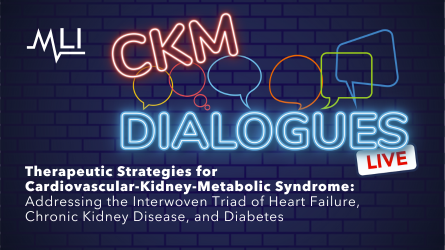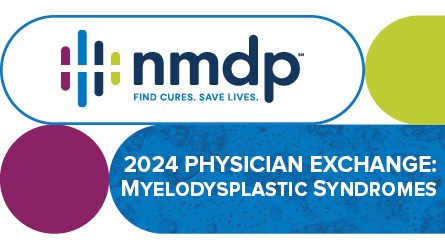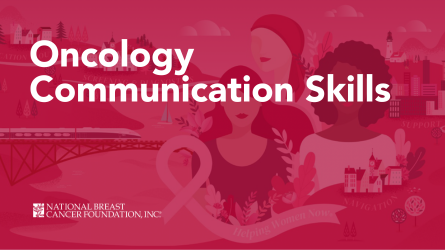- On-Demand
Recognizing the Profound Impact on Quality of Life: Emerging Therapy Options for Patients with Myelofibrosis
- Credit: 1.00hr(s)
- ILNA, NCPD
- July 15, 2024 —
- July 14, 2025
- Specialties: Hematology, Myelofibrosis, Oncology
- Location: Internet Activity Enduring
In on-demand activity, Recognizing the Profound Impact on Quality of Life: Emerging Therapy Options for Patients with Myelofibrosis, learn from expert faculty, Jeanne Palmer, MD and Jennifer Andres, APRN, FNP, MSN as they discuss Profound Impact on Quality of Life: Emerging Therapy Options for Patients with Myelofibrosis, to effectively identify how JAK inhibitors and emerging treatments for myelofibrosis (MF) can optimize clinical outcomes and patient quality of life (QOL).
Gain expert insights from enduring online program focuses on patient risk and drug mechanisms of action for effective treatment and management, gaps in MF care that influence patient QOL, disease- and treatment-related adverse events, trust with patients to improve outcomes and QOL, as well as shared decision-making and the unique role of multidisciplinary teams.







